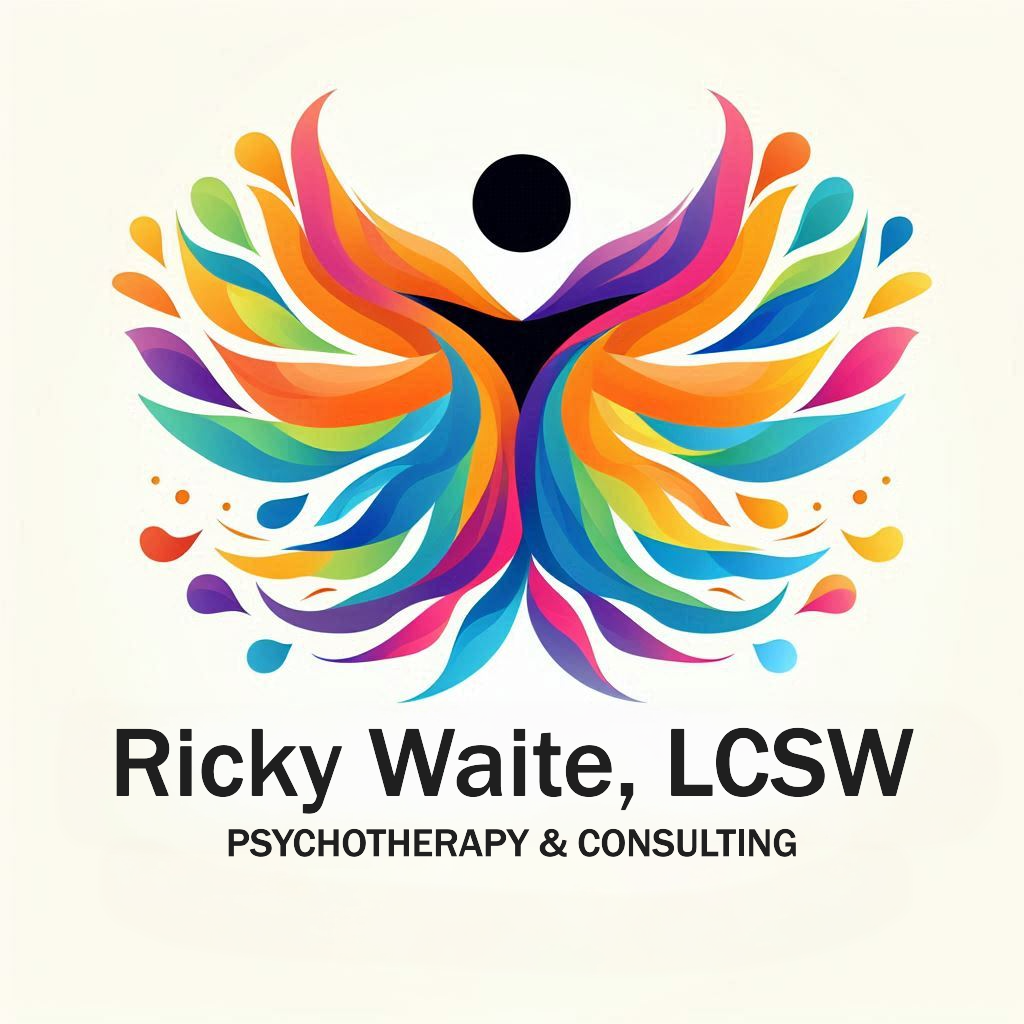Finding Your Inner Anchor: A Strengths-Based Approach to Anxiety and Depression
- Ricky Waite, LCSW

- Oct 1, 2025
- 3 min read

Hello, friends. It’s October, and if you’ve been feeling a bit more anxious or down than usual, you are definitely not alone. The changing seasons, the start of the holiday rush, and the sheer pace of modern life can take a toll on our mental health. It's a month dedicated to mental health awareness, and it's a great time to talk about a powerful, often overlooked tool for navigating these feelings: your own inherent strengths.
When we talk about anxiety and depression, the conversation often centers on what's "wrong"—what’s broken, what’s missing, and what needs to be fixed. But what if we shifted the focus? What if we started by looking at what’s already working? This is the heart of a strengths-based approach, a core principle of social work and postmodern therapy.
The Blueprint: From Wounds to Wisdom
Think about attachment. In our relationships, we create a blueprint for how we connect to others and ourselves. If that blueprint was built on shaky ground, we might find ourselves reacting with anxiety or withdrawal. A strengths-based approach doesn't ask you to demolish that blueprint; it asks you to see where you've already reinforced it.
Have you ever:
Gotten out of bed on a tough day? That’s resilience.
Reached out to a friend, even when it was hard? That's courage.
Noticed the beauty of a sunset? That's presence and observation.
Managed a difficult conversation without shutting down? That's communication mastery.
Every single one of these actions, no matter how small, is an expression of your strength. You’ve been building your capacity for resilience your whole life. Our work together is simply about bringing those skills into the light and putting them to conscious use.
Putting Your Strengths to Work
So, how do we use this? Here are three ways to start exploring your strengths as tools for managing anxiety and depression:
Be a compassionate detective: Notice and name your strengths. At the end of each day, instead of just running through a list of what you didn’t do, reflect on one thing you did well. Did you remember to drink water? That's self-care. Did you complete a difficult task at work? That’s persistence. Journaling about these moments can be incredibly powerful.
Reconnect with your "why": When you feel overwhelmed, reconnect with what you love and what gives you purpose. Whether it's a hobby, a cause you care about, or a relationship that grounds you, these are the anchors that remind you of who you are beyond your struggles.
Use your body as a resource: Anxiety and depression can often make us feel disconnected from our bodies. Find a way to reconnect—whether through a walk in nature, a stretching session, or simply a few deep breaths. Your body holds a wisdom and is a key part of your resilience.
Final Thoughts
Healing is a journey, and like any journey, it’s easier when you recognize the map you've already created for yourself. A strengths-based approach empowers you to see that the tools for managing your mental health are already within you. You are the expert on your own life.
If you're ready to explore how your unique strengths can be a foundation for growth and healing, please feel free to reach out.
_____________________________________________________________
Disclaimer: This article is for informational purposes only and is not a substitute for professional mental health care. If you or someone you know is in crisis, please seek immediate professional help.







Comments